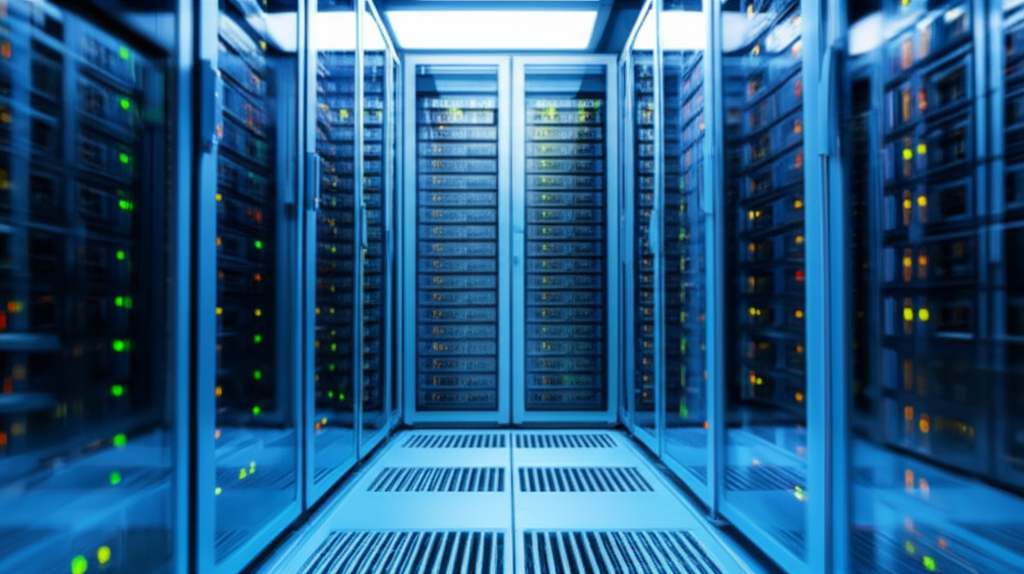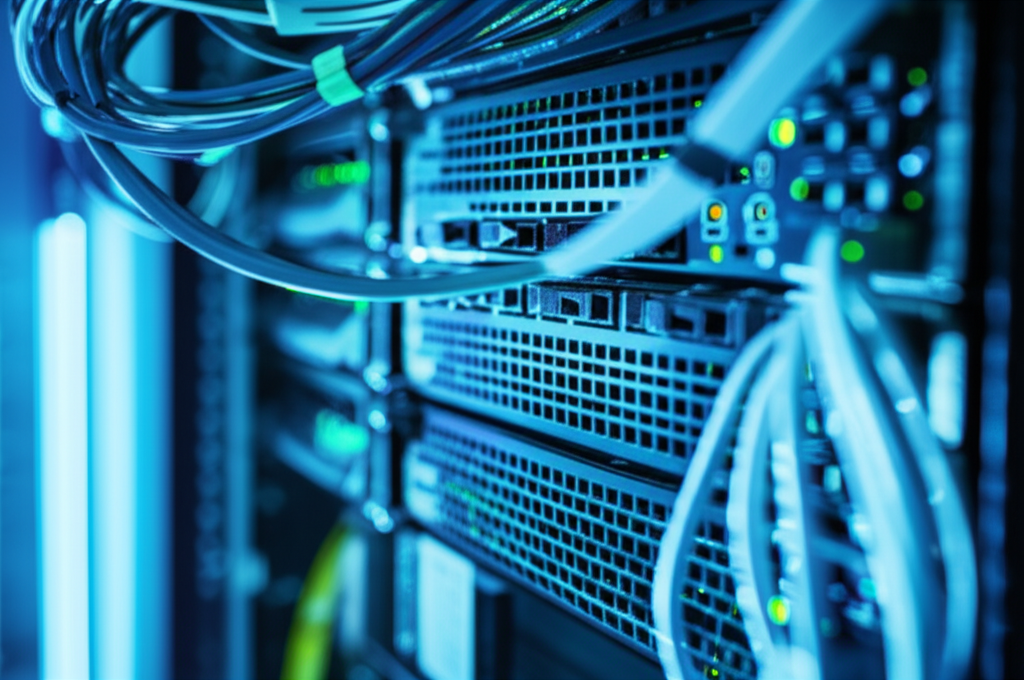
Meta Description: Explore the future of AI Agents in 2025! Discover how these technologies will revolutionize industries, enhance productivity, and transform our daily lives.
The Evolving Landscape of AI Agents
Are we on the cusp of a world dominated by intelligent machines? While the “Rise of the Machines” might be a distant reality, the evolution of AI Agents is undeniably transforming our world. These sophisticated pieces of software are poised to reshape industries, automate tasks, and redefine how we interact with technology in the coming years.
AI Agents are not just futuristic concepts; they are rapidly becoming integral components of our digital ecosystem. As we look towards 2025, it’s crucial to understand the capabilities, limitations, and potential impact of these technologies on various aspects of our lives.
Defining AI Agents and Their Capabilities
AI Agents are autonomous entities designed to perceive their environment, make decisions, and take actions to achieve specific goals. Unlike traditional software programs that execute predefined instructions, AI Agents possess the ability to learn, adapt, and improve their performance over time.
– Perception: AI Agents use sensors (e.g., cameras, microphones, data feeds) to gather information about their environment.
– Decision-making: They employ algorithms and models to analyze data and make informed choices.
– Action: Based on their decisions, AI Agents can execute actions, such as sending emails, controlling devices, or providing recommendations.
– Learning: Through machine learning techniques, AI Agents refine their decision-making processes based on past experiences.
Current Applications of AI Agents
Today, AI Agents are already making significant contributions in a variety of fields:
– Customer Service: Chatbots powered by AI Agents provide instant support and resolve customer queries.
– Healthcare: AI Agents assist in diagnosing diseases, personalizing treatment plans, and managing patient data.
– Finance: AI Agents are used for fraud detection, algorithmic trading, and personalized financial advice.
– Transportation: Self-driving cars and drone delivery systems rely on AI Agents for navigation and decision-making.
AI Agents: Innovations Expected by 2025
The next few years promise exciting advancements in AI Agent technology. Several key innovations are expected to emerge, further enhancing their capabilities and expanding their applications.
Enhanced Natural Language Processing (NLP)
NLP is crucial for AI Agents to understand and respond to human language. By 2025, we can expect NLP to become even more sophisticated, enabling AI Agents to:
– Understand complex sentence structures and nuances in language.
– Engage in more natural and contextual conversations.
– Accurately translate languages in real-time.
This improvement will lead to more seamless and intuitive interactions between humans and AI Agents.
Improved Machine Learning Techniques
Machine learning algorithms are at the heart of AI Agent’s ability to learn and adapt. Future advancements may include:
– More efficient and scalable learning algorithms.
– Greater ability to learn from limited data.
– Enhanced capability to handle uncertainty and ambiguity.
These advancements will enable AI Agents to tackle more complex tasks and make more accurate predictions.
Integration with IoT Devices
The Internet of Things (IoT) is rapidly expanding, connecting billions of devices to the internet. AI Agents will play a crucial role in managing and optimizing these interconnected networks.
– Smart Homes: AI Agents will control lighting, heating, and security systems to optimize energy consumption and enhance comfort.
– Industrial Automation: AI Agents will monitor and control manufacturing processes, improving efficiency and reducing downtime.
– Smart Cities: AI Agents will manage traffic flow, optimize resource allocation, and enhance public safety.
Challenges and Ethical Considerations
As AI Agents become more prevalent, it is crucial to address the challenges and ethical considerations associated with their development and deployment.
Data Privacy and Security
AI Agents rely on vast amounts of data to learn and function effectively. Protecting the privacy and security of this data is paramount.
– Implement robust data encryption and access control measures.
– Adhere to data privacy regulations, such as GDPR and CCPA.
– Ensure transparency in data collection and usage practices.
Bias and Fairness
AI Agents can perpetuate and amplify biases present in the data they are trained on, leading to unfair or discriminatory outcomes.
“AI systems are only as good as the data they are trained on. If the data reflects existing biases, the AI system will likely perpetuate those biases,” says Dr. Emily Carter, an AI ethics researcher at Stanford University.
– Carefully curate training data to minimize bias.
– Implement bias detection and mitigation techniques.
– Regularly audit AI Agent’s performance to identify and address potential biases.
Job Displacement
The automation capabilities of AI Agents may lead to job displacement in certain industries.
– Invest in retraining and upskilling programs to help workers adapt to the changing job market.
– Explore new economic models, such as universal basic income, to address potential income inequality.
– Focus on developing AI Agents that augment human capabilities rather than replace them entirely.
Impact on Industries and Daily Life
The widespread adoption of AI Agents will have a profound impact on various industries and aspects of our daily lives.
Healthcare Revolutionized
AI Agents are poised to transform healthcare by:
– Assisting in diagnosing diseases with greater accuracy and speed.
– Personalizing treatment plans based on individual patient data.
– Monitoring patients’ health remotely, enabling early detection of potential issues.
– Automating administrative tasks, freeing up healthcare professionals to focus on patient care.
Enhanced Productivity in Business
In the business world, AI Agents will drive productivity gains by:
– Automating repetitive tasks, such as data entry and invoice processing.
– Providing real-time insights and recommendations to support decision-making.
– Improving customer service through AI-powered chatbots and virtual assistants.
– Optimizing supply chain management and logistics.
Smarter Homes and Cities
AI Agents will play a central role in creating smarter homes and cities by:
– Controlling lighting, heating, and security systems to optimize energy consumption and enhance comfort.
– Managing traffic flow and optimizing transportation networks to reduce congestion.
– Monitoring air quality and environmental conditions to improve public health.
– Enhancing public safety through AI-powered surveillance systems and emergency response coordination.
Preparing for the Age of AI Agents
As AI Agents become more integrated into our lives, it’s essential to prepare for the opportunities and challenges they present.
Education and Skills Development
– Invest in education and training programs to develop the skills needed to work with and manage AI Agents.
– Focus on skills such as data analysis, machine learning, and AI ethics.
– Encourage lifelong learning to stay ahead of the curve in this rapidly evolving field.
Policy and Regulation
– Develop clear and comprehensive policies and regulations to govern the development and deployment of AI Agents.
– Address issues such as data privacy, bias, and accountability.
– Foster international collaboration to ensure consistent standards and ethical guidelines.
Embrace Collaboration
– Encourage collaboration between researchers, developers, and policymakers to ensure that AI Agents are developed and deployed responsibly.
– Foster open dialogue and public engagement to address concerns and build trust in AI technology.
– Promote diversity and inclusion in the AI field to ensure that AI Agents are developed with diverse perspectives and values in mind.
AI Agents are not just a futuristic fantasy; they are a rapidly evolving technology that is already transforming our world. By understanding their capabilities, addressing the ethical considerations, and preparing for their impact, we can harness their potential to create a more efficient, equitable, and sustainable future. The journey towards 2025 and beyond is filled with opportunities to innovate and shape the role of AI Agents for the better.
For more insights or collaboration opportunities, visit www.agentcircle.ai.






